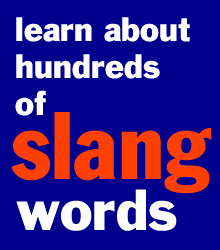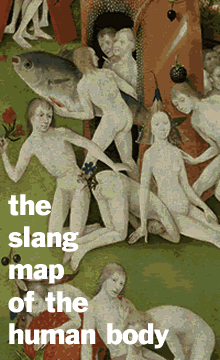toast
Definition: (adverb) in big trouble
Example: Once May’s mom found out she’d wrecked the car, she was toast.
Quote:
“The skeptics who say this is the ‘twilight of the UAW’ -- that we're ‘toast,’ that our epitaph has already been written -- don't know who we are and where we came from.”
“Some say the world will end in fire, some say in ice,” wrote Robert Frost in 1920. Based on the temperature in my third floor apartment last weekend, I can say decisively that Somerville, Massachusetts will end in fire, probably this summer. But according to the documentary An Inconvenient Truth, which I saw last Friday, it will be both and probably happen soon if we don’t stop global warming.
The film lays out scientific research explaining that in fifty years or so, once we’ve melted the polar caps, Europe will lose the Gulf Stream and enter a new ice age, which will suck for them. Those of us in North America who have not evaporated from the heat will reap big insurance payments as our ocean front properties (okay, I don’t have one) will be underwater. The middle of the US, on the other hand, will be sucked up by giant tornados.
So we’re toast. But on the bright side, toast is not always negative—unless you hate rap music. Toasts were once a popular street corner and prison cell entertainment in American culture. These long, spoken word performances usually praised the lives of men who lived outside the law. Stagger Lee, for example, which you might be familiar with from the Grateful Dead’s musical version, is a well known toast. This kind of poetry has been very influential in the lyrics of gangsta rap music.
In Jamaica, DJs toast when they talk over instrumental reggae music. This style is also closely tied to rap. Kool Herc, a 1970s DJ considered by many to be the father of hip hop, came to New York from Jamaica and brought toasting with him. When he combined that style with American music like funk, rap was born. Herc was also the first DJ to use sampling, originally using two turntables with the same record to play instrumental sections over and over.



